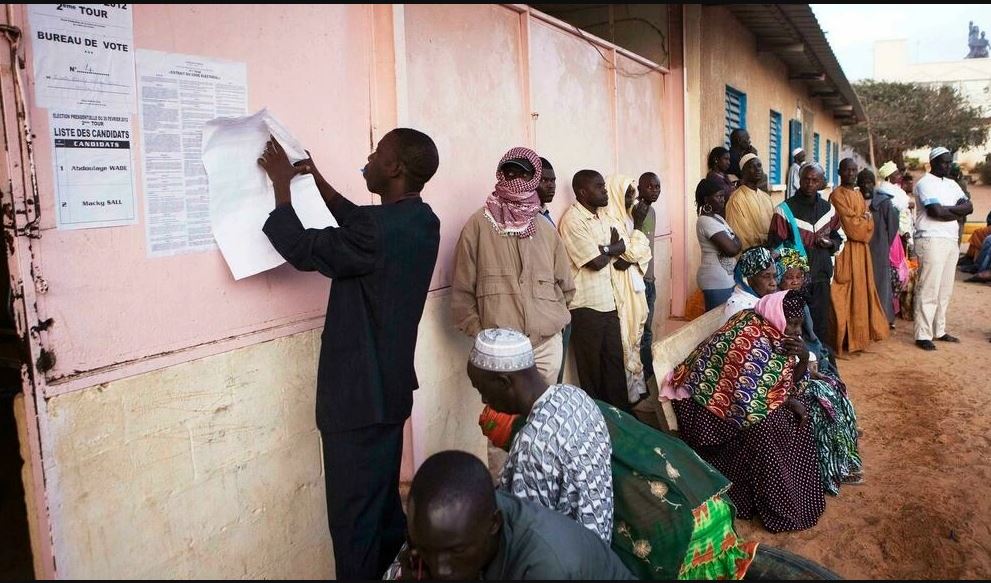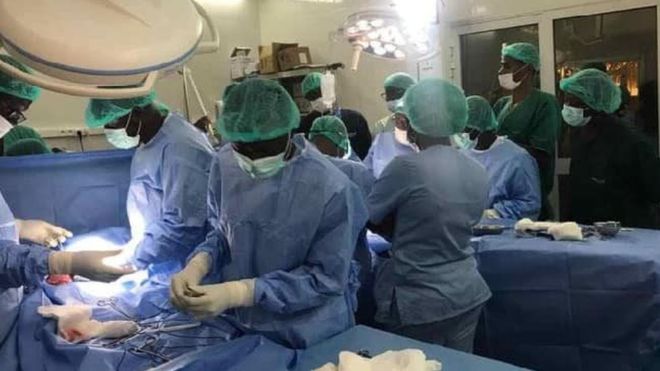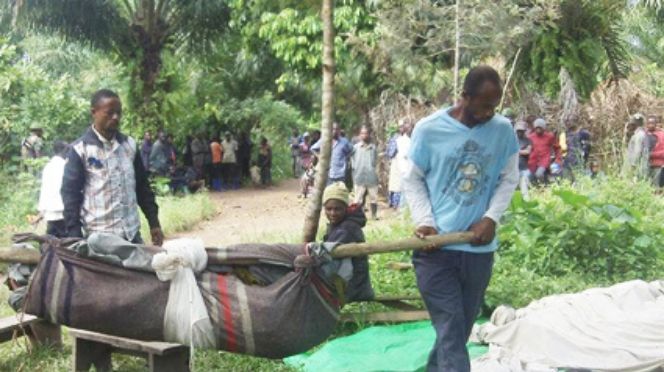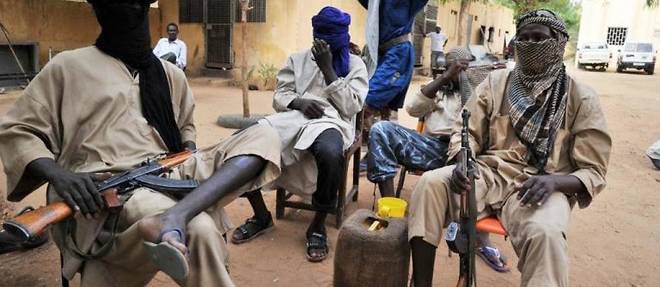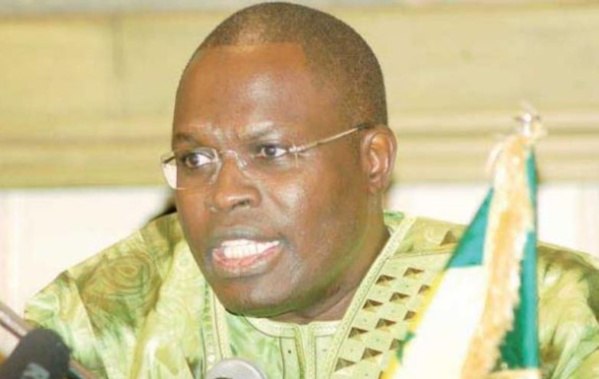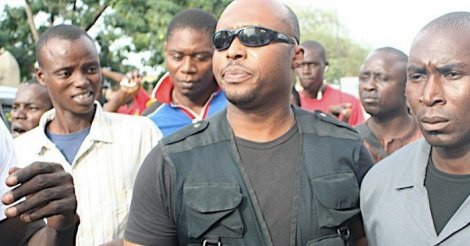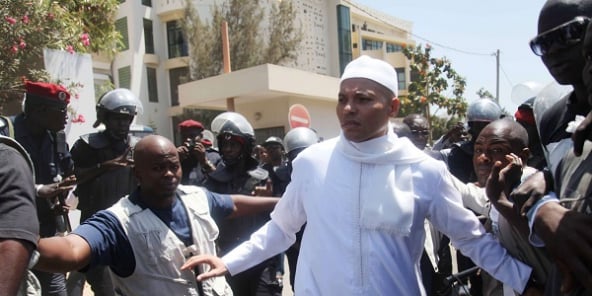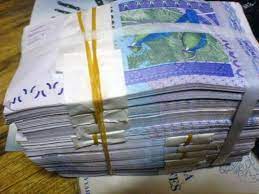Fast backlinks and Guest-post hosting
Friday, May 21, 2010David Dunn, the deputy division chief of the African Department at the International Monetary Fund (IMF) has stated that he is impressed with the good performance of the Gambia economy in recent years despite the current global economic crisis.
Dunn made these remarks Thursday at a press conference held at the Ministry of Finance and Economic Affairs office in Banjul after their three-day mission to The Gambia to conduct their regular Article Four consultation as well as monitor The Gambia's performance against the current programme with IMF.
He explained that the country's real Gross Domestic Product (GDP) at factor cost grew by an average of nearly 6.5% during 2007-2009, while annual inflation averaged less than 5%, saying that despite the global economic crisis in 2009, and a sharp drop in tourism receipts and remittances, real GDP growth remained strong at just 5%, led by the continued rebound in agriculture. He pointed out that inflation fell to less than 3% at the end of 2009, largely reflecting a tightened monetary stance for much of the year and steady local prices for food and fuel, even though global prices for these commodities had picked up.
"Despite a modest up-tick in early 2010, inflation has remained low at 4.1% in April. Gross international reserves remain at a comfortable level, after reaching nearly 6.5% months of imports at the end of 2009. Although tourism and remittances are expected to remain soft in 2010, real GDP is projected to grow at about 5%, led by solid growth in a number of key sectors, including agriculture. Inflation is expected to remain low at about 5%," he said.
The IMF official added that interest costs, especially on domestic debt, continue to consume a considerable share of government revenues, noting that over-runs in government spending led to a significant fiscal deficit and substantial domestic borrowing in 2009. This, he said, added pressure on Treasury Bill yields and interest costs while the fiscal outturn in the first quarter of 2010 was better than anticipated and as well insufficient to recoup the large fiscal slippages in 2009. "As a result, the programme target on the ceiling on the cumulative basic fiscal balance for March 2010 was exceeded by nearly GMD 90 million (or about 0.3% of GDP). To ease pressure on interest rates and to create savings from a lower debt burden, the government is committed to returning to the programme fiscal paths for 2010,".
Dunn said, and continued: "The mission welcomed the Central Bank of The Gambia's commitment to maintaining low inflation. In light of the bank's relatively comfortable stock of international reserves, the mission recommended that as its balance sheet grows, the Central Bank of The Gambia could gradually increase its holding of government securities purchased in the secondary market, rather than accumulate additional international reserves."
This, he explained, would not only allow a modest rebalancing of the Central Bank of The Gambia portfolio, but would also enable the bank to eventually introduce reproductive instruments and further improve liquidity management. Dunn further stated that the central bank is also well placed to use sales of a limited amount of its foreign exchange reserves, rather than sales of T-bills in order to realise liquidity generated by donor-financed government spending. He went further to point out that, as part of article four discussions on surveillance, the main role of IMF under its original mandate, the mission extensively reviewed developments in the financial sector, including supervision by the Central Bank.
He said the mission also welcomed the expansion of much needed financial services in The Gambia and actions by the Central Bank of The Gambia such as the planned increases in the minimum capital requirement to ensure soundness in the system. He finally thanked the Gambian authorities for the good reception accorded to them since their arrival in the country. Momodou Bamba Saho, the governor of the Central Bank of The Gambia, Momodou Foon, the minister of Finance and Meshack Tunee Tjirongo, the IMF resident representative to The Gambia and Sierra Leone were also present at the press conference.
Author: by Alieu CeesaySOURCE : DAILY OBSERVER
Gambia news: IMF deputy division chief impressed with Gambia's economy
Outils
Vos reglages
- Plus petit Petit Moyen Grand Plus grand
- Default Helvetica Segoe Georgia Times
- Mode de lecture





